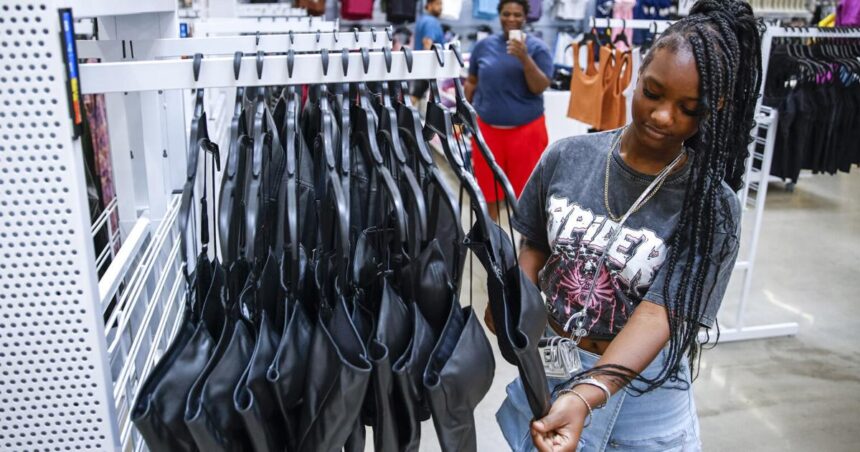NEW YORK — Mass market retailers in the U.S. are plying shoppers with offers for computers, clothes and other back-to-school essentials at affordable prices.
To seal the deal, they are marketing “buy now, pay later” services as a way for customers to spread out the costs.
The strategies for securing sales are on display to coax consumers, particularly those in lower income brackets, into spending during the retail world’s second-most important period behind the winter holidays, retailers and analysts said. Various forecasts project back-to-school sales this year will be about the same or lower than last year.
The costs of food, rent, and other necessities remain much higher than before the COVID-19 pandemic. High interest rates made it more expensive to carry a credit card balance. Savvy shoppers across the income spectrum proved willing to shop second-hand and to buy store labels and brands, which are typically cheaper than nationally advertised brands.
People are also reading…
“Inflation is the main thing dictating the change in my spending,” Jasleen Reyes, 43, a mother of three who works as a hotel operations manager and lives in New York City’s Harlem neighborhood, said. “Before it wasn’t so bad. Now, I have to watch every dollar.”





